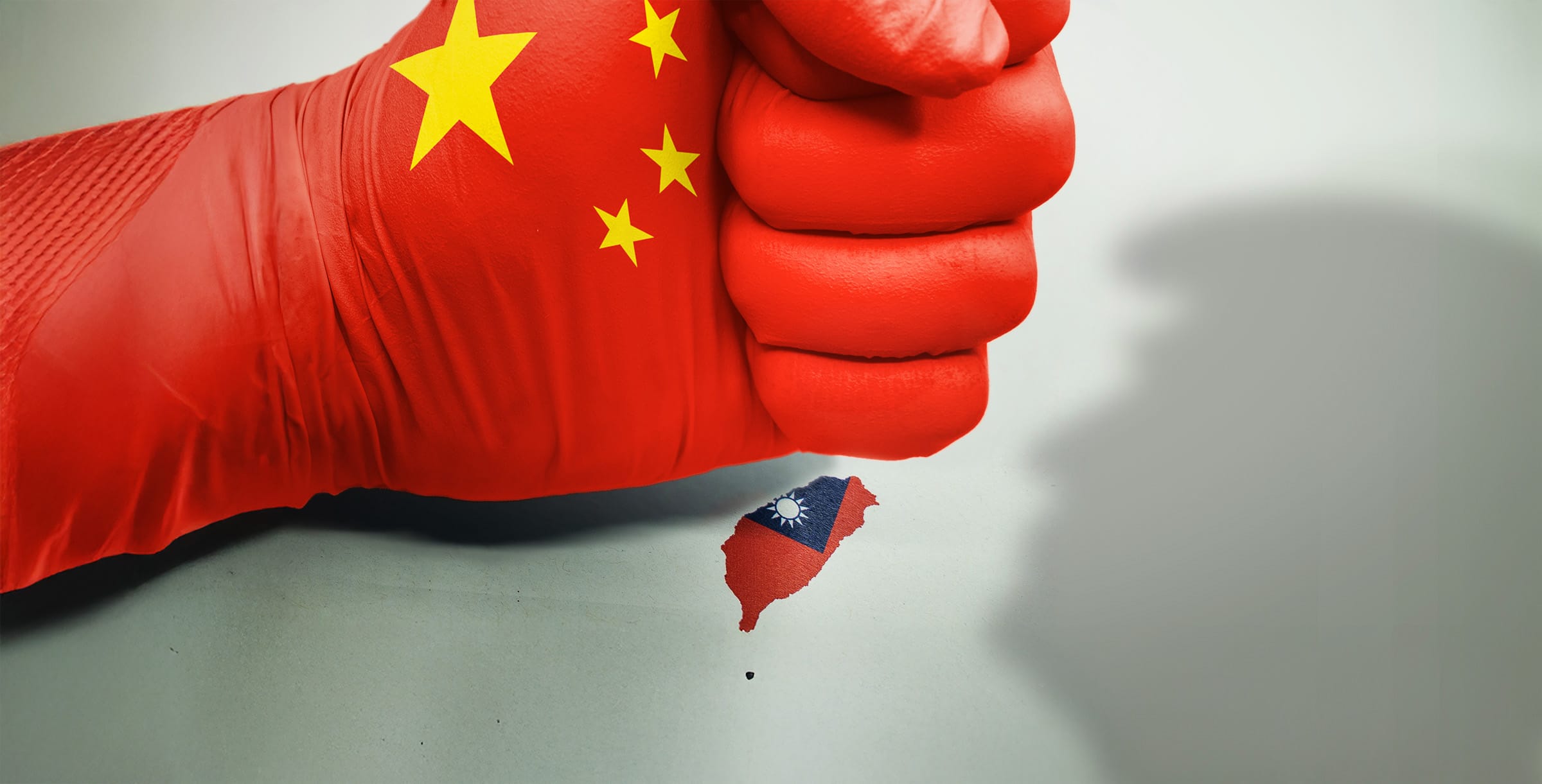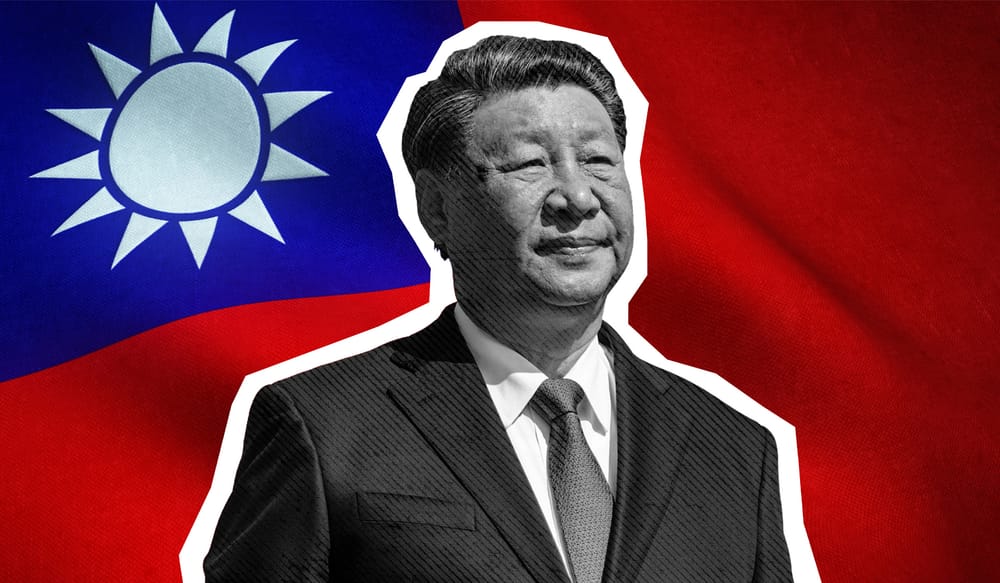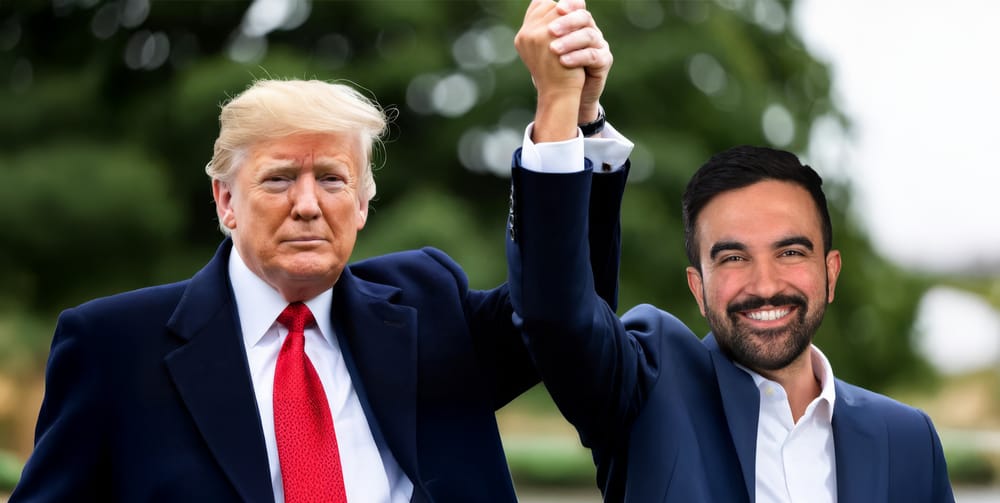Decoupling between two of the world's largest economies has been well underway for quite some time as, ultimately, neither is interested in returning to peaceful, transactional bilateral exchange.
Unlike disillusioned America, which once believed that we could achieve peaceful globalised order following the Cold War, China has never wanted to perpetuate it for longer than it was necessary to rebuild its imperial status.
Following Deng Xiaoping's advice of "hiding strength, biding time" Beijing has sought to exploit every advantage – including Western naivety – for as long as possible, until it could no longer hide its growing muscles, by which time it would be too late for anybody to respond and contain it.
Fortunately for the rest of us, the communist party made a mistake in 2012, by placing the ultimate power in the hands of a paranoid egomaniac, Xi Jinping, who thought that a country outputting $6,000 in GDP per capita could already do away with niceties.
Granted, with a population of 1.4 billion China commands considerable strength, but is not beyond being constrained or badly hurt by its opponents yet.
Knowing that this was always a risk, it has been preparing to survive the blows – as evidenced by the nationwide campaign of building up domestic self-sufficiency, which runs counter to the recent proclamations of support for international multilateralism and free trade.
No peaceful country, which believes that certain things are better made somewhere else, is going to start a national effort to ensure it can survive complete isolation, as the only reason for such isolation would be war.
And war has always been considered inevitable, given that it was unlikely that Xi's primary target – Taiwan – would "reunite" with the mainland willingly.
If war erupts – as Chinese president certainly intends – nobody will invade China in response, of course, but it would become an instant international pariah and a target of crippling sanctions from the US and the EU (incidentally the most lucrative export markets). It has to be able to survive on its own.
This is where Donald Trump enters the scene.

While Beijing surely expected him to go on the offensive in his second presidency, it probably did not anticipate a de facto freeze on bilateral trade within the first three months.
By raising tariffs on Chinese imports to stratospheric 145%, while offering a 90 day pause for negotiation with everybody else, Trump has effectively halted trade with China and isolated Beijing – and he's doing it at a time when the PRC is facing internal economic challenges with manufacturing overcapacity. It simply produces more than both domestic and international customers are willing to buy.
Xi Jinping has, thus far, refused to allow the market to self-correct, understanding that it would lead to massive unemployment which could destabilise his rule. However, the impact of Trump's tariffs may be difficult to absorb this time and Chinese people might soon facing some serious struggles.
For China this is a wartime scenario.
It's been preparing for a complete breakdown of relations with the West, so it could do whatever it wants with Taiwan, without worrying about international response.
But since Trump has made it a reality today, there may be voices in Beijing asking: if things have gone so far, why not just invade Taiwan right now?
And if not exactly "now" then at least sooner rather than later.
After all, while the domestic press in China is currently stoking patriotic sentiments against America, this strategy can only be effective for so long before those losing their jobs begin to question what the government is doing to help them.
A common response among troubled dictatorships in the past has often been similar – go to war.
Argentinian junta did it in the Falklands, Russia has done it numerous times, most recently twice in Ukraine, Saddam Hussein tried it by attempting to drag Israel into the war he started by invading Kuwait.

Uniting the nation around a common enemy is an attempt to justify the dire situation of the people under authoritarian rule. They become a part of a great, righteous, national struggle rather than victims of reckless incompetence of power-hungry kleptocrats.
But of course it only works when it happens relatively quickly, not three or five years after you were made redundant.
Trump forces Xi’s hand
While Xi Jinping is dreaming of writing himself into the history books as the man who "reclaimed" Taiwan, Donald Trump has seriously disturbed this vision.
Given Xi's age the plan must have been to accomplish it out within the next decade, preferably as early as 2030 or even a bit sooner.
This seems in line with China's current activity, including the construction of a massive new military headquarters in western Beijing.

While the project is shrouded in secrecy and no official information has been released about it, based on satellite imagery its completion is expected in 2027, when the PLA is celebrating its centenary and Xi will be seeking his fourth term.
A sophisticated new complex, with deep, reinforced underground tunnels (in case Americans dare to attack directly), could be the final stage in the process of modernisation of the Chinese military, in preparation for the invasion of Taiwan.
Given some growing pains, it could become fully operational within another year or two after completion, putting the possible date of the attack at as early as 2028 or 2029.
At least that could have been the plan until Trump put a spoke in Xi's wheels.
Depending on how long the trade disruptions between the two countries last and how badly hurt China is because of them, Beijing may either accelerate the invasion or be forced to postpone it indefinitely.
While less than ideal, attacking Taiwan early could excuse the suffering of regular people, placing blame on Trump, and has a decent chance of success given his isolationist stance (that is – Americans won't do much beyond sending some weapons to Taiwan, should the island even put up a fight).
However, the PLA may not yet be ready to perform a huge amphibious assault over 100 miles of water, and attempting it unprepared could end in a disastrous humiliation which could sink not only Chinese ships but Xi Jinping and the entire communist party as well.
On the other hand, if Beijing's economic problems are exacerbated by the trade war, Xi Jinping's mandate to govern may become much weaker ahead of the 21st National Congress in 2027, where his rule has to be formally extended.
He may no longer be in a position to start a war if the Chinese public grows too dissatisfied with the slowdown and unemployment, and if that's the case he might even face a challenge from within the party.
Out of the two possibilities it seems a better idea to apply pressure on China now, pushing it to either make a disastrous mistake or suffer economically even more than it already does, redirecting Beijing's efforts to calming its own people before it can do any mess abroad.
And given the country's demographic slide, which will see its population of 60-year-olds balloon to over 400 million people in 2035, disrupting Chinese ambitions to take Taiwan in the next decade could end up definitively preventing it.
Much will depend on how far-reaching and effective Trump's trade war is in the end.









